This website uses first-party and third-party cookies for technical, analytical, statistical, remarketing and profiling purposes. More information and how to manage preferences are available on the Legal Notice and Privacy. By selecting “continue”, or by proceeding with browsing, you agree to the use of third-party cookies.
The Antioxidant capacity of olive leaf extract
What are free radicals?
Free radicals are associated with human disease, including cancer, atherosclerosis, Alzheimer's disease, Parkinson's disease and many others.
A balance between free radicals and antioxidants is necessary for proper physiological function. If free radicals overwhelm the body's ability to regulate them, a condition known as oxidative stress ensues. Free radicals alter lipids, proteins, and DNA and trigger a number of human diseases.
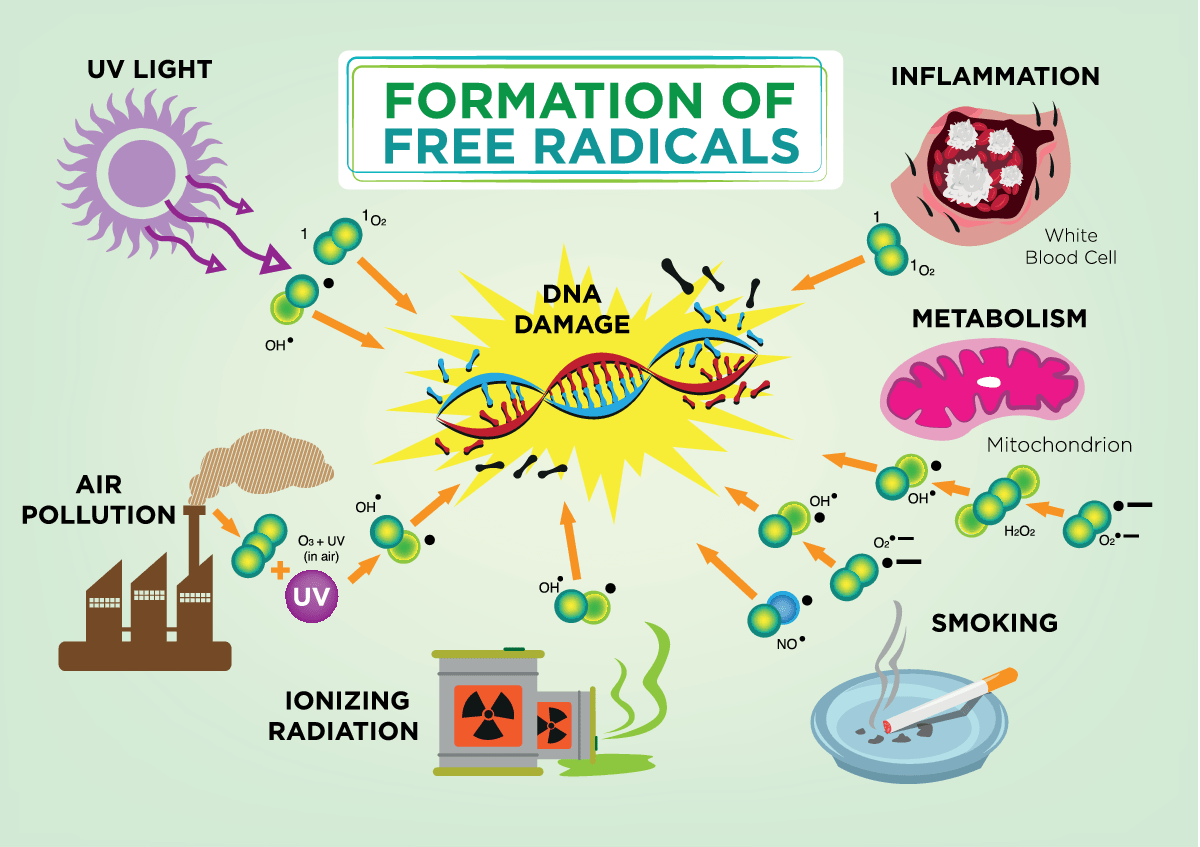
Free radicals are highly reactive and unstable molecules, usually oxygen molecules, but not always. Their unstable nature is caused by having an unpaired electron. As a result of this unpaired electron, free radicals seek out and take electrons from other molecules, which oftentimes causes damage to the second molecule
What Are Antioxidants?
Antioxidants are molecules which keeo free radicals in check. Although there are several enzyme systems within the body that disarm free radicals, the principal antioxidants are vitamin E, beta-carotene, vitamin C, and olive leaf extract. Unfortunately the antioxidants produced by our body are not enough and we need to acquire them through diet, fruit and vegetables, green tea are a rich source of antioxidants.
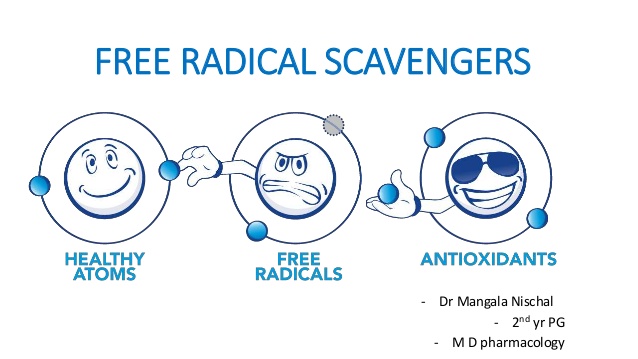
The Antioxidant capacity of olive leaf extract:
The extra virgin olive oil is produced from the fruit of the olive tree, rich in polyphenols and known for its antioxidant capacity. However, the olive leaves contain higher amount of polyphenols than olive oil. For example, the amount of oleuropein, which is the most abundant phenolic compound ranges from 0.005% and 0.12% in olive oil while in olive leaves it ranges between 1 and 14%.
OLE is an important source of natural antioxidants; it has effective antioxidant activity against different reactive species and protects human body against oxidative damage.
In vitro antioxidant activity of olive leaf extract (Olea europaea L.) and its protective effect on oxidative damage in human erythrocytes has been proven by a study published on the US National Library of Medicine National Institutes of Health. The research aimed to evaluate in vitro antioxidant capacity of olive leaf extract (OLE), Olea europaea L.
The Olea europaea L. tree, known as olive tree, belongs to the Oleaceae family and has great historical and commercial importance. Recent studies have shown that olive leaves have high contents of bioactive compounds, such as antioxidant, antimicrobial, antiviral, anti-inflammatory, in addition to regulating blood pressure and cholesterol levels in animals.
Olive leaves are a rich source of bioactive phenolic compounds, the most important and most abundant is Oleuropein, an active ingredient that may protect against cardiovascular diseases.

The study suggests that the olive phenolics compounds exhibit a synergistic behavior in the capacity of elimination of free radical when mixed in the form of extract, superior to the antioxidant capacity of the vitamin C and E.
The polyphenols of olive leaves have numerous beneficial effects to human health, such as antioxidant capacity, anti-hypertensive, , hypoglycemic, hypocholesterolemic, cardioprotective, anti-inflamatory and as a coadjuvant in the treatment of obesity.


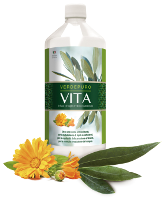
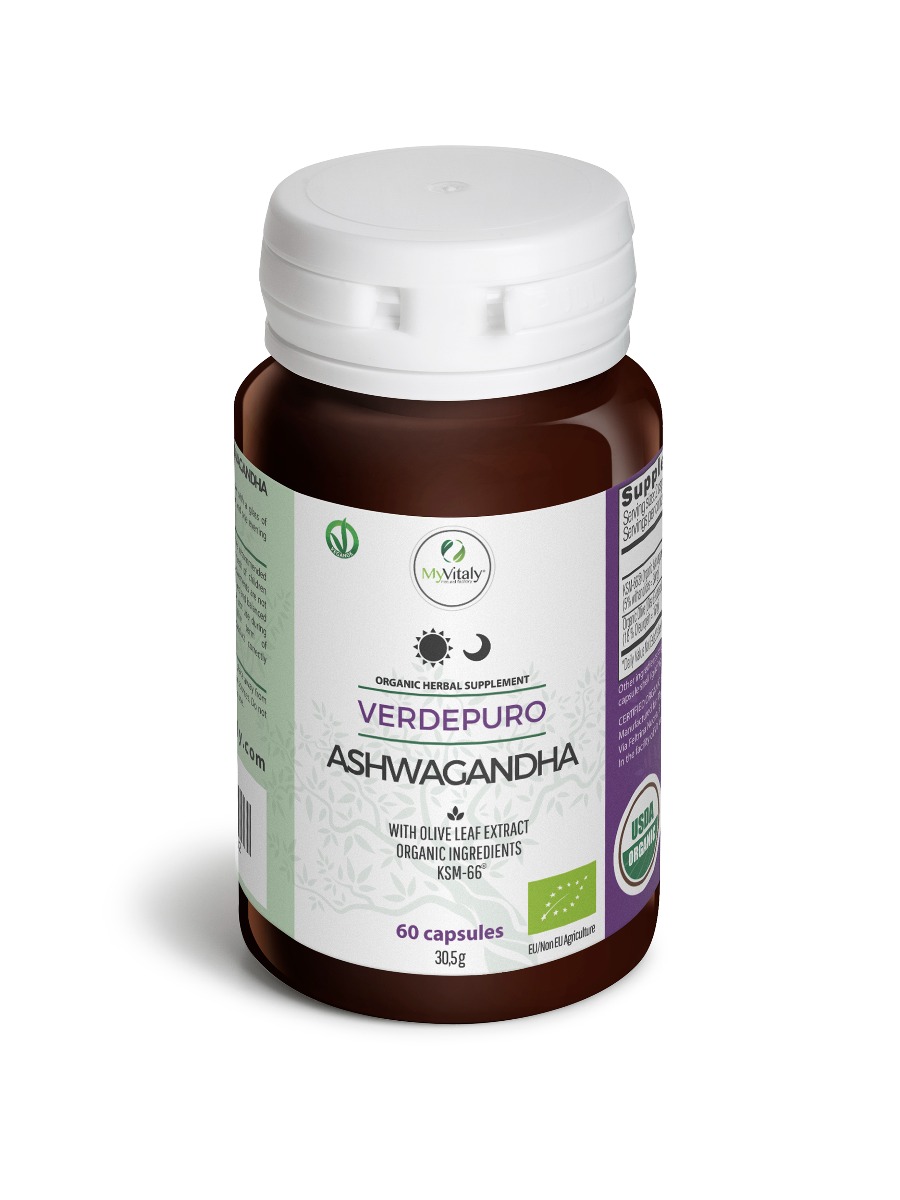
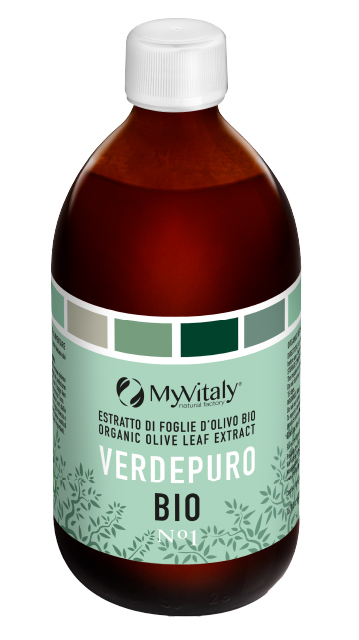
 Login
Login
 Register
Register 
